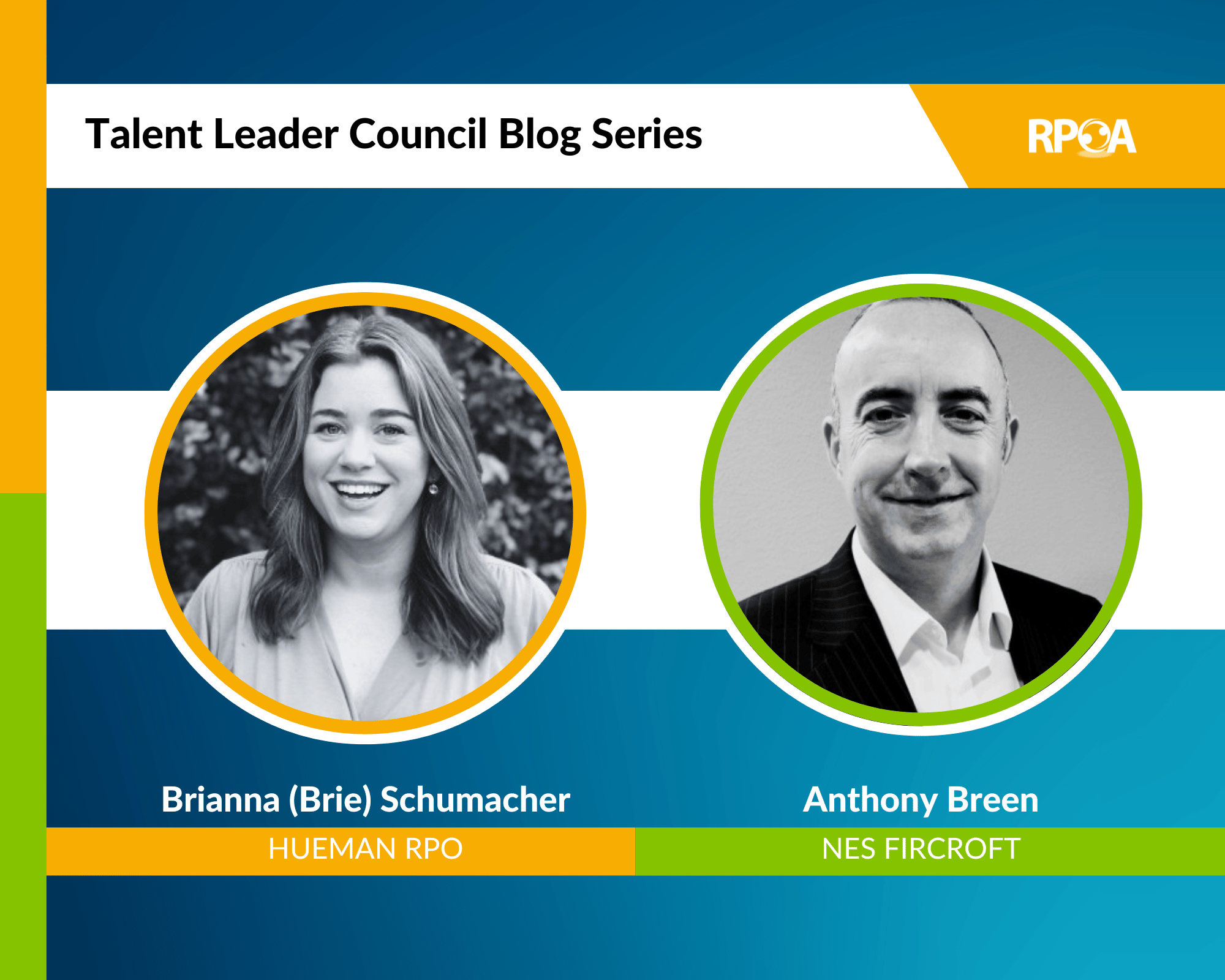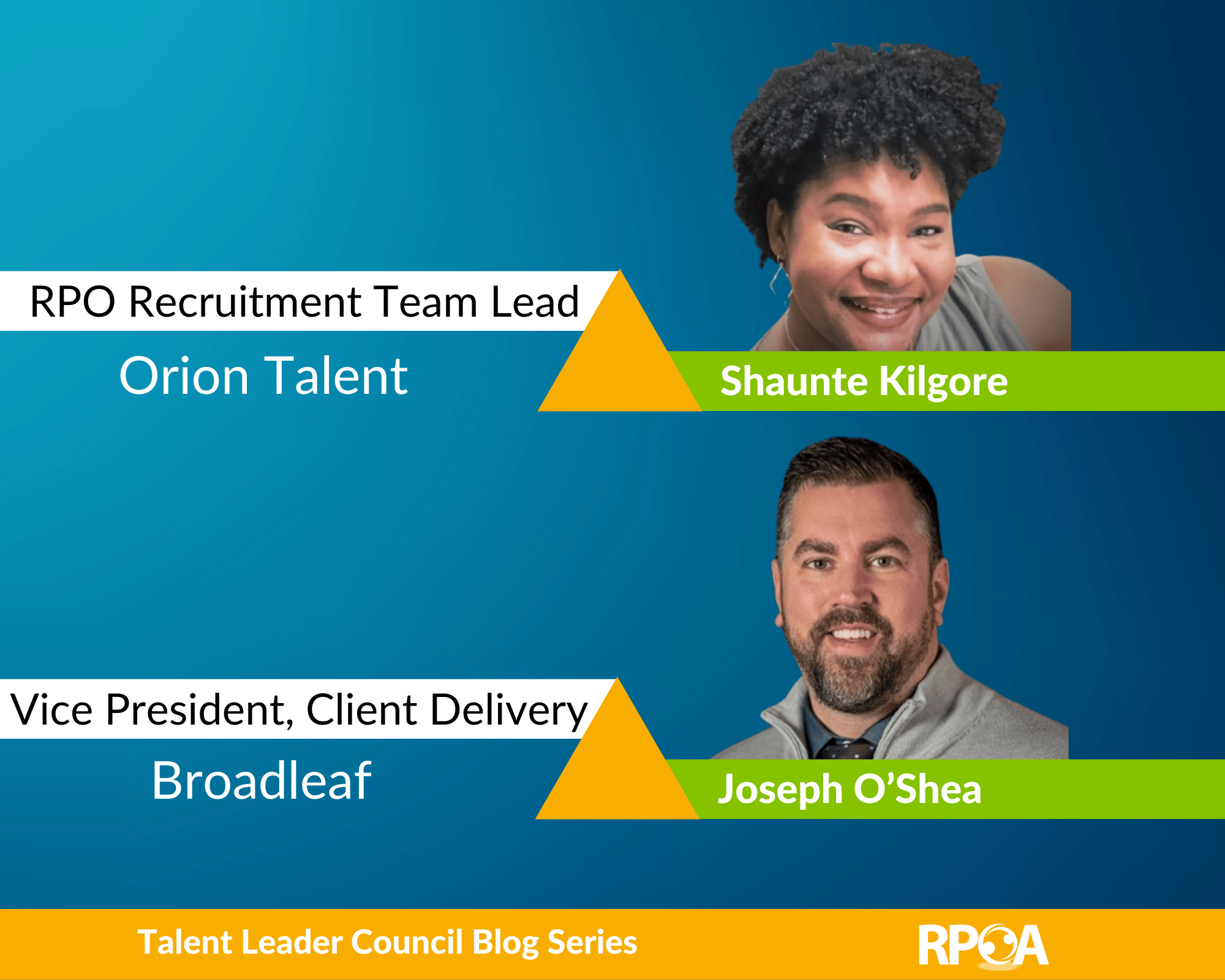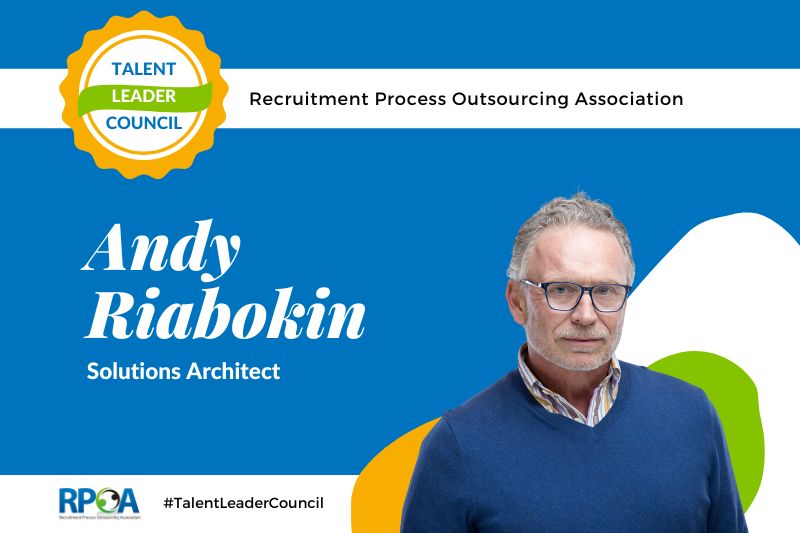
How has the pandemic changed candidate behavior? And more importantly, how can recruitment process outsourcing (RPO) help employers adjust and thrive in the current candidate landscape? Lesly Cardec, SVP of Marketing and Recruiting at ClearEdge Marketing, said that despite economic woes, job seekers remain values and purpose-centric in their search for work.
In part three of our three-part series for RPOA's Talent Leader Council about changes in candidate behavior, Lesly Cardec, a renowned recruitment marketing expert, offers valuable insights and explores how RPOs can help employers attract top talent with unmatched hiring power. The following is an edited version of council member Cardec's interview for the series.
RPOA: How did candidates’ behavior change recently?
Cardec: Finding a sense of greater purpose and meaning at work has become more than a nice to have or bonus. It has become a passion pursuit for many job seekers that now competes with formerly top-ranking employment benefits (like high salaries, sign-on bonuses, and flexible hours).
Candidates want to understand how potential employers view and support the communities and causes that matter to them, whether that’s climate change, racial justice, LGBTQ+ rights, gender equity, or any number of issues close to their hearts. Rather than taking a job and looking to find causes they can support from inside a business (or, many times, outside), candidates are asking these questions upfront. They are researching businesses to understand their values and track records in taking action.
Candidates want to work with an organization that takes a stand on something important. They are making employment decisions based on the answers employers provide, the actions employers take, and the values employers uphold.
Suggested 30-minute webinar: Overcoming the Challenges of Volume Hiring
What is causing these changes?
Cardec: The pandemic shook the world to its core, and the realignment of priorities extended far outside families and homes. The line between work and home vanished during lockdowns, in good ways and sometimes in really challenging ways – that entanglement endures. Work reached into every aspect of life, and life reached into work. Now, many workers and job seekers are looking to align their personal values with an employer like they would choose a university to attend or a charitable institution to support.
While aligning values with employers is not a radically new behavior change for job seekers and candidates, here is one that is: When the job market started to slow, and layoffs began to rise, candidates remained values and purpose-centric. Sometimes idealism can be suffocated by economic woes. Still, inflation and employment slowdowns have not changed the fact that values and purpose drive many candidates' employment choices and job satisfaction today.
How can RPOs help their clients adapt to a changing candidate landscape?
Cardec: The data-driven sourcing and recruiting practices of RPOs can be a tremendous asset to employers looking to help candidates understand and connect with company values while also addressing the other pressing hiring needs, from immediate skill gaps to be filled to diversity goals to be met to long-term workforce planning to consider. It’s increasingly complicated to factor in business goals and needs and then add the following:
- The realities of the talent marketplace, from skill and talent shortages to candidate expectations
- Values alignment needs and goals
- Diversity goals of employers and DEI expectations of candidates
- Long-term workforce and business growth plans
RPO providers, however, have two powerful advantages. The first advantage RPO experts have is their tech stacks. Through the continuous refinement of their front-end sourcing, engagement, vetting, and assessment tools, RPOs give employers access to a platform that can rapidly identify candidates who sit at the tricky but essential intersection of company values, candidate values, business goals, personal career goals, and DEI best practices.
The second advantage, which some may argue with me here, is distance. We know great RPO results come from providers who are exceptional at understanding the client’s business, workforce, and employment needs. We often talk about “becoming a part of your team.” And all that is true, but a great RPO provider also benefits from a strategic cushion of separation. Businesses of all industries and all kinds can fall into talent acquisition ruts, sourcing from the same candidate pools (universities we love, local programs we support, etc.) or hiring for immediate skill needs without considering long-term plans. An RPO partner is also an incredible employment accountability partner that can assess, without emotion, some of the hiring habits that can limit workforce evolution and elevation. The right amount of distance, coupled with RPO’s gift for strategic integration, is an asset.
Check out our Talent Leader Council posts on the RPO Voice blog for market insights from top talent acquisition experts in the talent acquisition world.














